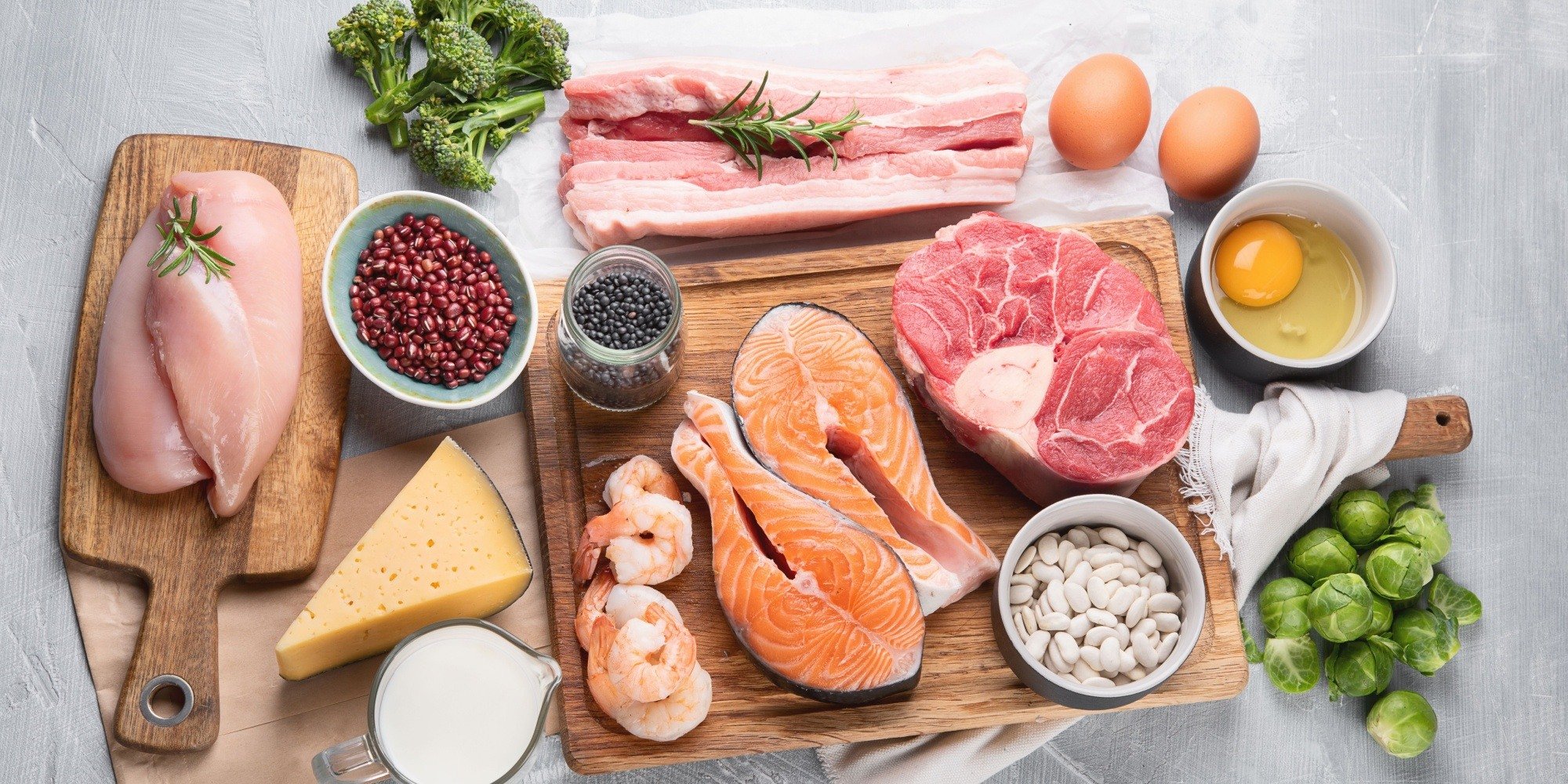The Role of Protein in Your Diet – How Much Do You Really Need?
Feb 3, 2025 mindpumpWe always hear people talking about protein. It’s the first go-to piece of nutrition advice when anyone starts on their health journey. We also hear a wide range of how much protein we should eat. Is it 50 grams? 100 grams? 300 grams? Where do they get these numbers from? Let’s cut through the noise and get to the facts.
Why Protein Matters
Protein is the building block of muscle. It’s made up of amino acids, which your body uses to repair and grow tissues, including those biceps you’re working so hard on. Beyond muscle, protein supports everything from your immune system to your skin, hair, and nails. It’s essential. Especially if you’re hitting the gym regularly.
How Much Protein Do You Need?
It really comes down to your goals. The Recommended Dietary Allowance (RDA) is 0.8 grams per kg of bodyweight. If you are a 180 lb person that’s 65 grams of protein. Keep in mind this is the bare minimum amount if you are doing no lifting, no activity. If you are lifting weights, and specifically trying to put on even just a little bit of muscle, that number is going to shift. Those trying to add muscle want more in the range of 0.7-1 gram per pound of target body weight. This has been shown in research time and time again. So that same 180lb individual now needs 126-180 grams of protein. As you can see, that’s a significantly higher number. To help map that out, think of that as 40-50 grams of protein with each meal if you are having 4 meals.
If you are not used to eating protein, this is going to be a big shift. Having said that, it is totally doable as long as you do a little planning.
Where to Get Your Protein
Your most common high quality protein sources are going to be chicken, turkey, fish, and beef. Eggs, greek yogurt, and cottage cheese are also great options with quicker prep. If you are more plant-based you should aim for the most complete proteins like lentils, chickpeas, tofu, and tempeh.
Finally, it’s worth mentioning we should always try to hit our protein goals with whole foods. If you find at the end of the day you keep falling behind, that is when I’d recommend adding in a protein shake. This can easily add 25-50 grams to your total intake and is much easier to consume.
Timing and Distribution
We used to think there was this “anabolic window” where you had to consume protein immediately post workout. This has been debunked. What matters most is hitting your total protein goal each day. The better way to think about it (if you really want to optimize intake) is by hours in the day. When we consume protein, we maximize the anabolic signal for about 3-4 hours. Knowing this then, if you were to add some sort of timing to it, I would say try to eat a 30-50 gram protein meal every 3-4 hours. Again, this isn’t a MUST. As long as you hit your overall intake each day, you are fine. This is for those wanting to go the extra mile.
Signs You’re Not Getting Enough
If you’re constantly sore, losing strength, or feeling unusually tired, you might need to up your protein intake. On the flip side, eating more protein than your body needs won’t turn into extra muscle. It’ll just add extra calories. This is also why people push higher protein intakes. It’s the hardest macronutrient to turn into fat, and it also uses 30% of the calories just to break it down. Think of it like trying to fill a sink without a plug. Your body has many uses for protein other than muscle building. It helps with enzymatic processes and many other metabolic functions in the body.







